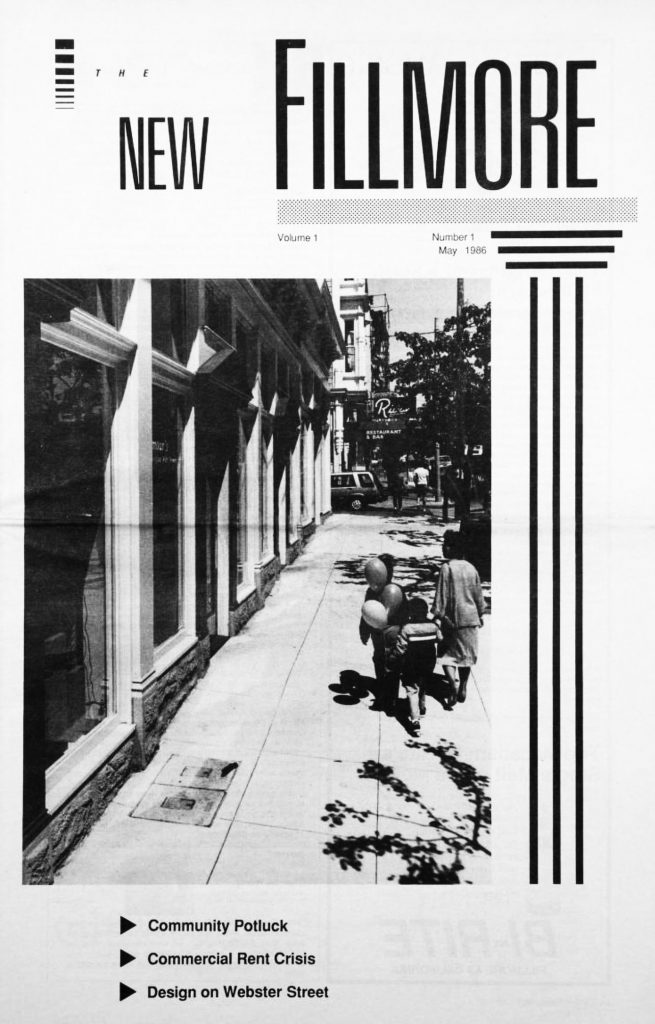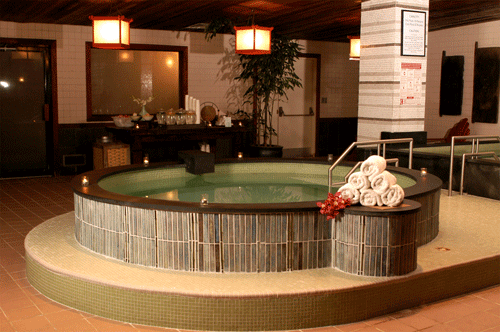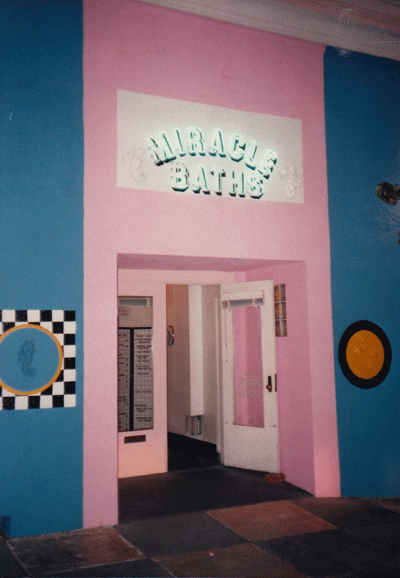By Donna Domino
“There’s a very special energy here,” says Kathy Nelsen, longtime director of the Kabuki Springs & Spa, explaining why the cultural fixture has endured for nearly 40 years. “The communal baths are really what differentiates us. We have some of the only ones in California and the U.S.”
Nelsen, who has carefully nurtured the Kabuki’s distinctively spiritual environment for the last decade, says another thing that sets the Kabuki apart is a deep respect for the body. She describes a recent women’s night to make her point.
“I was in the baths, and there were a couple of really big gals, and I thought: This is so beautiful. This celebration of the body can take place for anybody,” she said. “I find that so healing because I think that, as women, we all have issues with our bodies. So when you go back there and see all these women walking around with every different body type, you see there’s not a perfect body.”
Nelsen recalls another situation that underscores her mission.
“This young girl called me from Minnesota one day to describe her experience, saying, ‘I came there with my aunt and I was so nervous to go in, and I came out and realized everyone’s got a belly!’ ” Nelsen said. “And I thought, if I can help one 18-year-old woman start to feel good about her body and not have to go through a lifetime of this stuff that we all carry, that’s very freeing.”
Originally opened in 1972 by a Japanese company, the Kabuki building once featured a sushi bar, a dinner theatre and a men’s bathhouse.
“It became kind of a funny little nightclub,” says Nelsen, who remembers seeing performance artist Laurie Anderson and “a couple of punk bands” there in the mid-1970s.
In 1978, AMC cinemas bought the building, turning the dinner theatre into a multiplex.
Nelsen, who has a master’s degree in counseling psychology, has been in the spa business for 32 years. A native of the Midwest, she went to massage school before affiliating with the Esalen Institute, the legendary retreat in Big Sur. After attending beauty school and getting licensed as an aesthetician, she created a line of cosmetic products before going to Calistoga’s Indian Springs spa.
Nelsen then moved back to the city and opened Miracle Baths, just up the street at 1928 Fillmore, beside Fillmore Hardware. The building had previously housed the Little Zion Baptist Church, and she converted the church’s baptismal pool into a room for yoga classes.
She describes Miracle Baths as “this sweet, little community run by two women.” It was among the first to offer a range of spa services for men and women: a communal sauna for women, four private saunas, massages, facials and body wraps. She called it quits after 10 years when the landlord raised the rent from $1,000 to $6,000.
Nelsen then opened the spa at the Claremont Hotel in Oakland before jumping at the chance to return to the neighborhood and run Kabuki’s spa in 1998.
“I’d always kind of wanted to get my hands on it because I had sat in that sauna and thought, ‘Just a few thousand dollars and I could make such a difference here.’ It just didn’t have a good atmosphere,” she recalled. “AMC is a Kansas City company — and they didn’t know what they had here.”
During the heyday of San Francisco’s bathhouses, many were gay sex clubs, but Nelsen says the Kabuki was never a “full-on sex club.” But even now, she says, the printed policy prohibiting sexual activity handed to guests at check-in is necessary.
“Sometimes when men get their clothes off, they just don’t know what to do with themselves,” she observes dryly. “Sometimes we have to tell people they’re getting too intimate. It’s really one of the things we get to help men explore: how to be sensual without being sexual. I think that’s not a natural thing for men. But once they get it, how liberating it can be.”
Women, on the other hand, tend to be chatty, hence the gong of silence in the main room housing the public bathing pools.
“With women, we have the yakkers,” Nelsen says. “A lot of time they come with their girlfriends, and we have to ring the gong.”
Although the Kabuki offers a range of spa services, massage is requested most often.
“I think massage is always popular because people so need to be touched, and we so need a way to be touched in a therapeutic way,” Nelsen observes. “One of the things I’m seeing in this economic downturn is that there are a lot of beauty treatments you can give up, but what we all still need is stress reduction and detoxification — you know, those basic things that will help us get through tough times.”
Filed under: Body & Soul, Landmarks







